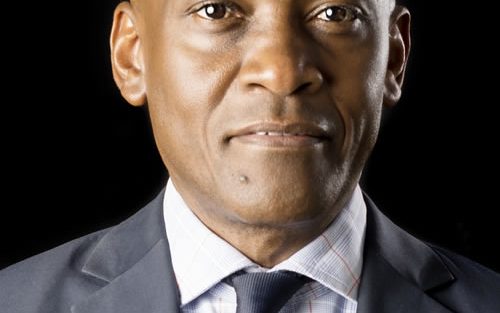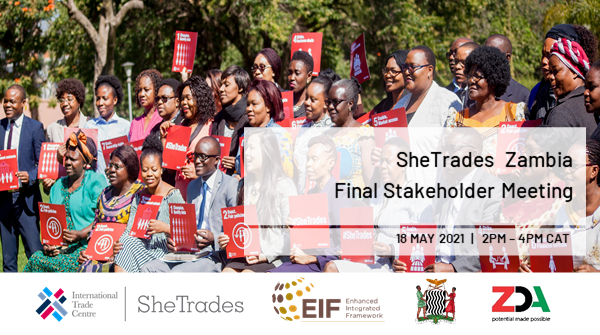The 2020 Foreign Private Investment and Investor Perceptions Survey findings have reveal that despite the current economic constraints, Zambia remains a preferred investment destination.
Delivering his closing remarks at the 2020 virtual Foreign Private Investment and Investor Perceptions Survey Dissemination Workshop on Tuesday, Zambia Development Agency (ZDA) Director General Mr. Mukula Makasa explained that Zambia remained attractive due to its potential for increased market access including peace and security, among others.
Mr. Makasa further explained that notwithstanding its competitiveness in the global foreign direct investments market, investors indicated that exchange rate management, unpaid VAT refunds, and government arrears to suppliers remained significant impediments that affected their plans to re-invest in the country.
He added that government was fostering strategic interventions to restore the economic growth trajectory, as projected in the national economic recovery plan.
Mr. Makasa called on public institutions to continually engage and inform the private sector on the various strategic interventions being implemented.
“The Zambia Development Agency will effectively respond to the findings of the survey by implementing interventions that will enhance performance of our role as the interface between the private and public sectors,” he said.
Mr. Makasa admitted that the Covid-19 Pandemic had exacerbated the country’s macroeconomic constraints by limiting business activity, freezing supply lines and reducing availability of investment finance, among others.
And speaking earlier, Bank of Zambia Governor Christopher Mvunga said the private sector foreign flows into Zambia were US$357.1 million in 2019 compared to US$924.7 million in 2018.
Mr. Mvunga attributed the decline largely to debt repayments by the mining and quarrying, manufacturing, deposit-taking corporations as well as information and communication sectors.
He explained that foreign direct investment (FDI) liability flows grew by about 50 percent to around US$800 million in 2019.
Mr. Mvunga said the significant increase was mainly due to related party borrowings of almost US$ 1.0 billion mostly in the mining and quarrying sector.
He said as a result, borrowing from foreign affiliates increased to about US$11.0 billion from US$10.0 billion in 2018 which contributed to the increase in the stock of private sector external debt to US$15.0 billion at the end of 2019 of which Switzerland continued to account for the largest share of the debt stock.
Mr. Mvunga stated that in the sectoral performance, the mining and quarrying sector was the leading recipient of FDI inflows in 2019 amounting to about US$400 million. However, the rise in inflows was moderated by losses recorded in the sector.
“The manufacturing sector was the second highest recipient of FDI with about US$240 million, followed by deposit-taking corporations at US$90.8 million and electricity sector at US$54.7 million,” he said.
The Foreign Private Investment and Investor Perceptions Survey is an initiative undertaken by the Balance of Payments Technical Committee comprising representatives from the Zambia Statistics Agency, ZDA, Bank of Zambia, and other collaborating agencies.



